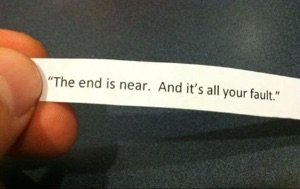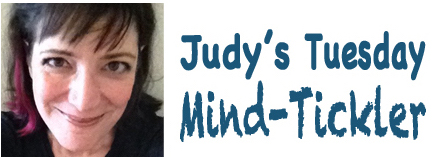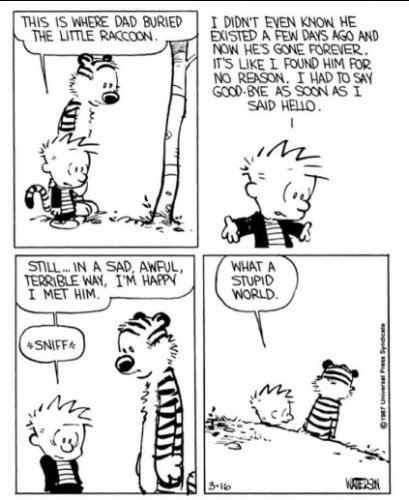“The wife is dear because of the love of the Self.”
--Brahadaranyaka Upanishad
----------
"Don't let the sky turn without me.
Don't let the moon shine without me.
Don't let the earth spin without me.
Don't go without me."
--Rumi
----
This weekend, a 13-year old member of my extended family, a beautiful little female person, went to a friend’s sleepover, experimented with fentanyl, and died.
13.
Needless to say, her mother is out of her mind with pain and shock, her social media posts- coming one after the other in a torrent- just wails of agony.
The pain of death is extra intense when it’s one’s child who dies. No matter what age- grown up adult or tiny baby- many, many moms and dads of now-deceased children cannot seem to get over it, waking up with grief, going to bed with grief, often for lifetimes.
It’s even harder still when the child’s death is due to drugs or suicide (as opposed to cancer or a hurricane for example.)
Because we all know that a parents’ job is to see their kids through, to nurture, to guide, to keep safe.
There is a natural, instinctual, responsibility involved.
Animals do this too.
It’s only human parents, however, who come to think we’re responsible for life and death, for timing, for wellbeing, and even for happiness.
As if consciousness, the universe, god, or existence (Insert whatever favorite name here) has no say about when, and whether, and how, someone’s time may be up.
No, apparently we think all of that is on mom and dad.
Drugs or suicide would seem to be preventable if only the parent had done things right.
Making for an extra-hard time for the parent.
As humans amp up naturally-occurring sadness with an extra helping of self reproach and self condemnation.
Oh yes, we get the self involved.
The failure self, the at-fault self, the I-wasn’t-there-when-I-should-have-been self, the how-could-I-have-missed-the-signs self.
The mind boomerangs back to that all powerful knower of the future, that holder of life or death in its hands.
That delusional fiction.
“This is my fault. I did something wrong. I should have known better. I am a terrible parent and a terrible person.”
We are identified. We exist. We know who and what we are.
The pain tells us.
“I hurt, therefore I am.”
And then we might start to notice that we don’t really want all that wretched sorrow to end.
Because to feel better when a child is gone feels like we’re betraying our love.
And because we don’t want to wear the identity of “unloving”, so grief is held onto, often for years.
There’s even a sense, what with all the personal fault and responsibility involved, that we deserve the misery, as punishment for not keeping the child alive.
So that mourning becomes a punishment for existing.
Now of course not everyone has experienced the death of a child, and if that is the case for you, hopefully that remains so.
But everyone has had someone they love, die. So we’ve all seen how this works.
“What will I do without them? Who will be my rock? How will I ever get over this?”
That’s not about the loved one. That’s about The Me.
As always, the Center of All Things.
And the more self is involved and identified, the greater the pain.
How much we hurt comes down to the amount of self involvement.
So if there is a death in our life which was or remains extremely painful, whether it was a child or not,
We can look to the personal. Look to responsibility. Look to identity.
Look to the self.
We can watch it insert itself into life and death and all manner of other places it does not belong.
Attempting to confirm, via continuing pain, that we are.
Because above all else, the self fears being seen to be nothing.
Besides, let’s face it, there’s no way anyone can turn a situation like a child’s death into a Krishnamurti-esque, “I don’t mind what happens.”
No.
We can expect to hurt. Expect to cry, and miss, and regret and ruminate and feel guilty.
Expect to think about the life a beautiful little girl might have had, but now, won’t.
There’s no getting around it, no matter how enlightened anyone might be.
Really, who would want that kind of one-note robotic existence, anyway?
But if ever the pain becomes too much, we can know that it has nothing to do with the deceased loved one.
And everything to do with the Me.
Which might enable us to come back to loving, honoring, and celebrating that little life,
which is now complete.
That is the opposite of self-ish.
That is true love.
And nothing is responsible for that love but
Itself.
"The ending of the illusion is the ending of 'you'. That is the death."
--U.G.Krishnamurti
----------
"Death has nothing to do with going away.
The sun sets. The moon sets.
But they are not gone."
--Rumi
Click here to get your Mind-Tickled every week.
Click here to watch Judy on Buddha at the Gas Pump
Click to watch Judy and Walter have fun chatting about about
nonduality, the self, consciousness, awareness, free will
and other light and breezy stuff
Judy And Robert Saltzman talk nonduality
and again: https://www.youtube.com/watch?v=7fv_vsvaejs
and again: https://www.youtube.com/watch?v=3DAn8Rqg3I0





